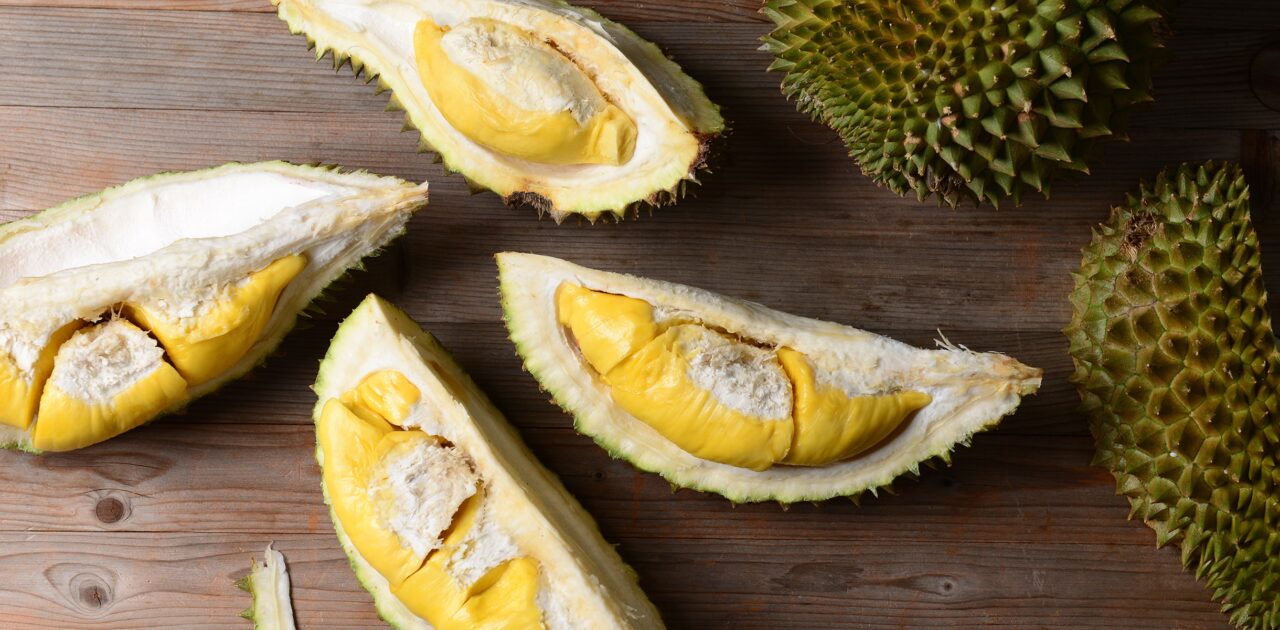

In a significant clash between agricultural stakeholders and the Pahang state government, the destruction of durian trees in Raub town has ignited a heated dispute. This incident, centered on claims of illegal land use, has drawn widespread attention, raising critical questions about land rights and consumer trends in Malaysia’s lucrative durian market.
Government Action Sparks Outcry
On April 8, the Malaysian government initiated a controversial operation that saw the cutting down of approximately 200 durian trees, which officials claimed were planted illegally on state-controlled land. The situation escalated, with reports indicating that over 1,000 trees were eventually felled in a move to reclaim the disputed land. The Pahang authorities assert that the farmers’ legal attempts to retain their orchards were rejected by an appeal court in May 2024, affirming the government’s stance.
Farmers Rally Against Destruction
In response to the aggressive enforcement, the Save Musang King Alliance, representing the affected farmers, organized protests to halt the tree-cutting efforts. Local reports depict citizens actively blocking government access to the farms, brandishing banners to protect the prized durian trees. Chow Yu Hui, the alliance’s chairman and a member of parliament, emphasized their commitment to stopping further destruction, stating, “Today, the farmers’ legal team sent an official letter to the Pahang government demanding an immediate halt to the tree-cutting.”
The Value of Durian Trees
The felled trees primarily belong to the Musang King variety, renowned for its distinctive flavor and premium market price, fetching up to $15 per kilogram. In contrast, alternative varieties like the Ri6 from Vietnam and Thailand’s Monthong do not command the same premium. The Royal Pahang Durian Group, currently leasing the land, has proposed a deal to farmers, offering $9.50 per kilogram, which is significantly lower than the prevailing market rates. Amidst these negotiations, many farmers insist that they have cultivated the land since 1974.
Government Under Scrutiny
The issue has not only escalated tensions between farmers and the government but has also attracted the attention of the Malaysian Anti-Corruption Commission (MACC). Investigations are underway to determine whether any current or former officials played a role in this land dispute, which has historical roots extending over a decade. As stated by MACC chief commissioner Tan Sri Azam Baki, “We already have a list of officials involved, although many have since retired.”
Economic Significance of Durian
The durian serves as a key player in Malaysia’s export market, particularly to China, which received $212 million worth of fresh durian last year, following a bilateral trade protocol. The Malaysia Chamber of Commerce and Industry anticipates a 15-20% increase in durian exports to China this year, propelled by growing consumer demand for the Musang King variety. Despite attempts to cultivate this fruit in China, local standards reportedly do not meet those of Malaysian-grown durians, leading to a sustained demand for the original.
Conclusion
This ongoing dispute underscores the complexities facing Malaysia’s agricultural landscape. With substantial economic implications for both local farmers and the national export market, the resolution of the Raub durian tree controversy could reshape the future of Malaysia’s retail and agricultural sectors.